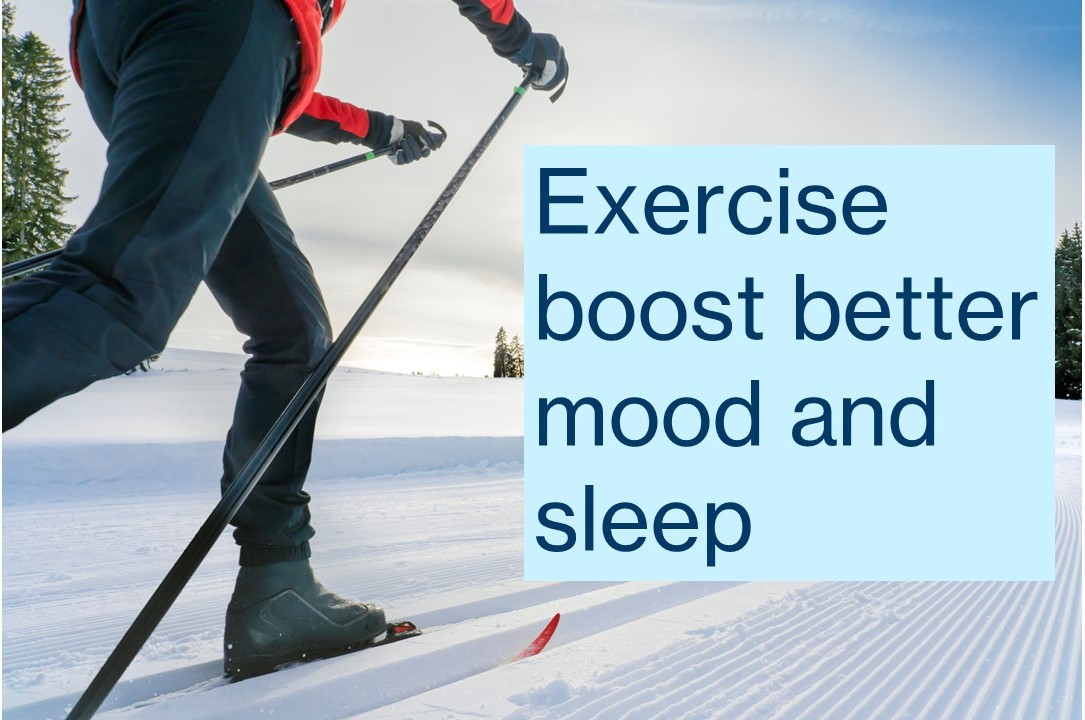In a recent study, researchers set out to investigate how high-intensity interval training (HIIT) could influence both sleep quality and cardiorespiratory fitness in individuals dealing with depression. The study enrolled 82 patients diagnosed with depressive disorders, and these participants engaged in 24 sessions of 15-minute HIIT, three times a week for a span of 8 weeks. The researchers used well-established measurements like the Beck Depression Inventory-II, the Pittsburgh Sleep Quality Index (PSQI), and cardiopulmonary exercise testing (CPET) to assess depressive symptoms, sleep quality, and cardiorespiratory fitness before and after the intervention.
All 82 patients successfully completed the HIIT sessions, marking a notable achievement in the study. The results unveiled significant improvements across various measures. Depression symptoms, as indicated by the Beck Depression Inventory-II, showed a meaningful decrease, signifying an enhancement in mood. Sleep quality, evaluated through the PSQI, exhibited improvement as well, with changes observed in sleep latency, habitual sleep efficiency, and the use of sleep-promoting medications.
Cardiorespiratory fitness, measured by CPET VO2 max, demonstrated the most substantial improvement, highlighting the positive impact of exercise on physical endurance. Despite somewhat smaller improvements in depression and sleep scores, the overall findings suggested a positive correlation between high-intensity interval training and mental well-being.
Importantly, the study identified a noteworthy connection between changes in cardiorespiratory fitness and improvements in sleep quality. However, this correlation was not observed in depressive symptoms, emphasizing the intricate relationship between physical fitness and sleep in individuals dealing with depression.
In terms of safety and practicality, the study reported minimal adverse effects. Participants faced only minor injuries that did not impede their ability to complete the training sessions. This aspect underscores the feasibility and safety of implementing HIIT as an intervention for individuals with depressive disorders, adding to the overall positive outcomes observed in the study.
In conclusion, this research suggests that engaging in HIIT over an 8-week period could offer significant benefits for individuals facing depression. The improvements in mood, sleep, and physical fitness highlight the potential of high-intensity training as a positive and holistic intervention in the realm of mental health. As scientists continue to explore the intricate connections between exercise and well-being, these findings contribute valuable insights into the potential of HIIT as a beneficial strategy for individuals dealing with depressive disorders.
Other interesting articles related to nutrition and lifestyle:
Exercise and Aging Cells: What You Need to Know
Healthy Diet for Adults and Children
Reference

